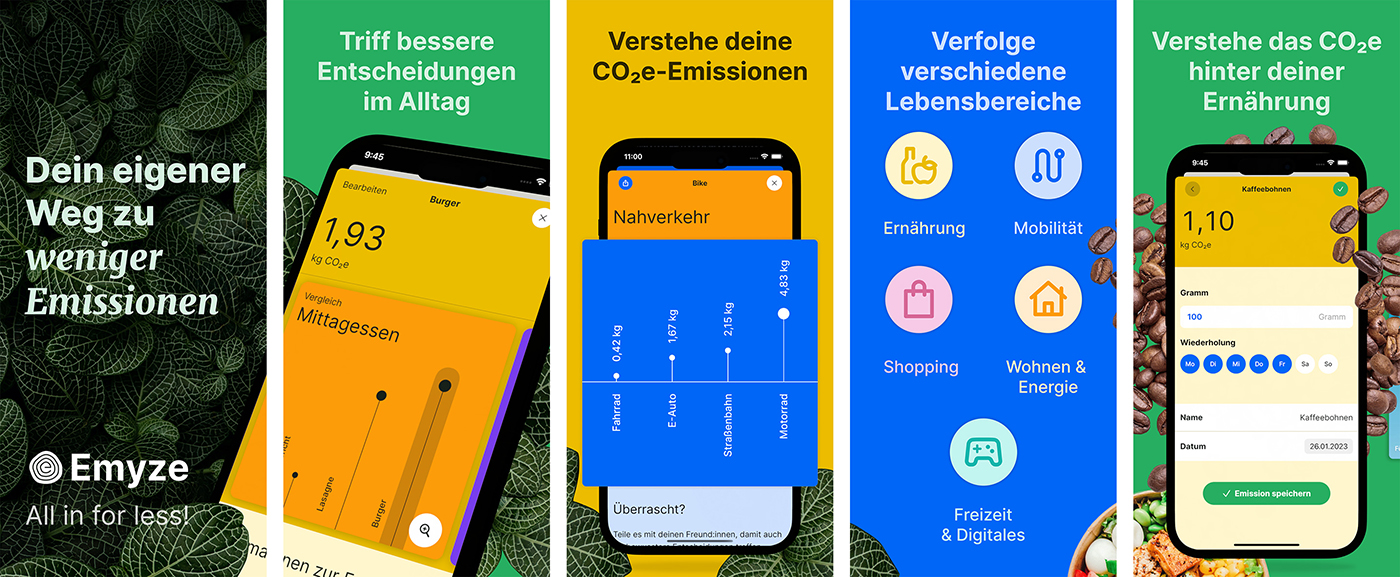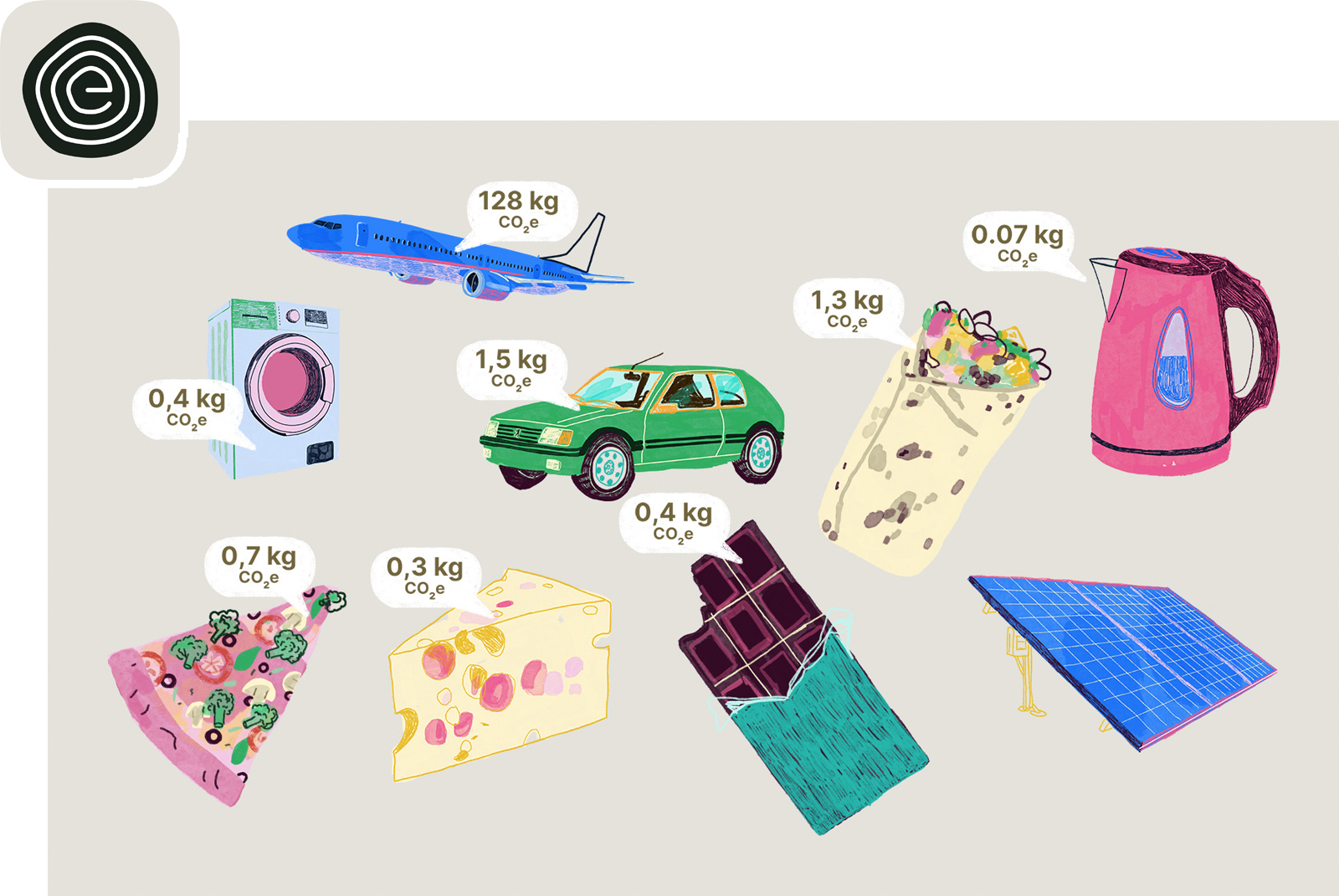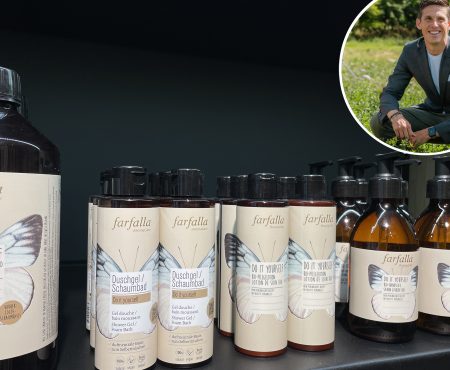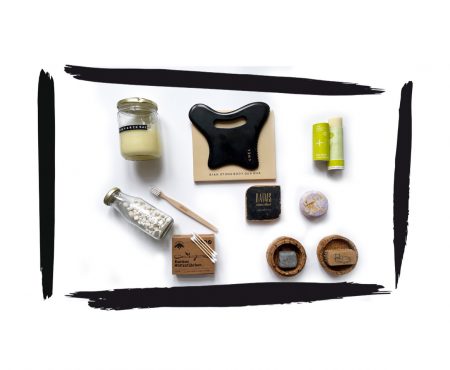The climate crisis can no longer be argued away. Flood disasters, droughts, storms, dying forests – extreme climates are already part of the agenda today. Climate scientists agree: all of this will become even more extreme in the future. In order to achieve the 2030 climate goals, we must act. And now. Climate neutrality is nice, but for me personally it definitely doesn’t go far enough. Because it’s about changing our consciousness and ultimately our actions. Instead of producing CO2 like there’s no tomorrow and “compensating” somewhere in the world by buying a tree, I don’t think that’s the solution. We must limit CO2-generating activities as much as possible to save the climate.
Sustainable, conscious and responsible living is contemporary.
According to a survey by the Federal Environment Agency in 2020, environmental and climate protection are relevant topics for 65 percent of consumers in Germany. But: In everyday life, many people face the challenge of correctly understanding the impact of their actions and their consumer decisions on the climate. I can absolutely understand that you don’t even get to act accordingly. Far too often there is a lack of recommendations for action.
From climate awareness to climate action. That’s how it’s done.
All the better that I received a tip for a (free!) app that does without the classic CO2 calculator with the corresponding compensation offer and instead motivates people to make climate-conscious decisions in everyday life in a sensible way. This is about harmonizing our everyday actions with our planetary resources and thus contributing to sustainable change. In the first step, the app helps to calculate your own influence and to understand its components. Emyze then helps to discover alternatives and make data-based decisions.
Say hi to Emyze app // This is how conscious consumption works.
The EmyzeApp provides a real-time overview of my CO2 emissions. Based on the actual consumer behavior generated by me. This becomes visible in the so-called CO2 wallet. This is a personal CO2 account in which you can record all emissions and compare them with alternatives tailored to the respective situation. It goes without saying that this has to be fed with individual or automatically generated data beforehand.
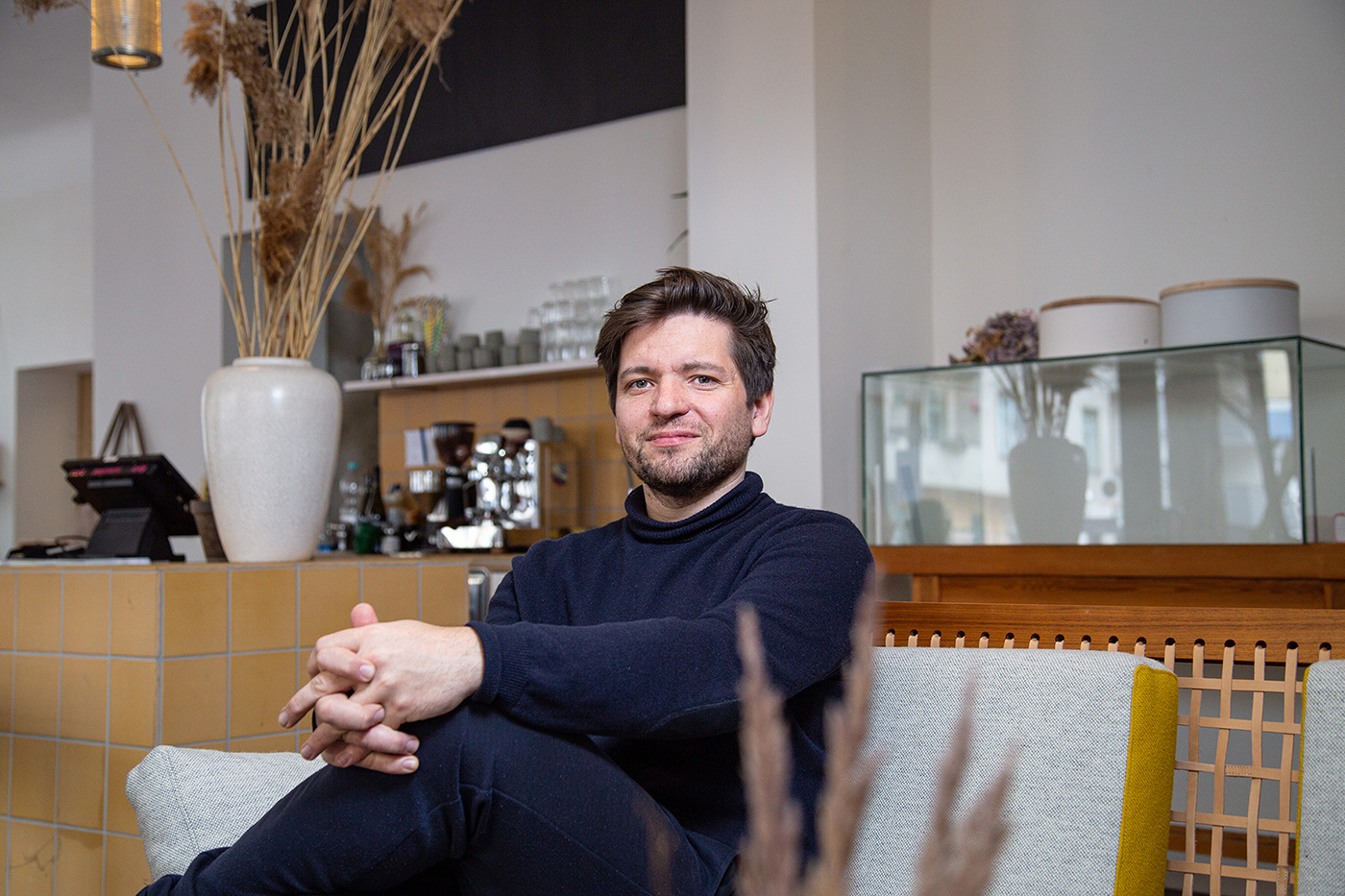
Emyze CEO Benjamin Gaertig
And who is behind it?
Mirjam: Benjamin, what does the name Emyze mean? Sounds a bit cryptic at first glance.
Benjamin: Emyze is a portmanteau of “emissions” and “analyze”. That is the basic idea of our CO2 calculator: Everyone should have the opportunity to have their own data transparently at hand so that the information ultimately leads to more climate-friendly decisions. As in other areas, it is easier to take effective action when goals are measurable.
Mirjam: What inspired you to develop the Emyze app?
Benjamin: The climate crisis is probably the greatest challenge we have ever faced. There is so much lack of transparency and uncertainty in the current market that many people do not know how to approach the topic in their own lives. Emyze offers everyone a simple and transparent tool with which you can effectively make your life more climate-friendly. Reducing instead of compensating is the motto here.
Mirjam: Emyze shows alternatives and offers climate-friendly, data-based alternatives. What data is your app based on?
Benjamin: In our app we try to show the CO2e value behind everyday products, services and activities. This can be quite a challenge because there are many uncertainties, assumptions and projections in the area of emissions data. Much of our data is based on intensive research. In other areas, we use existing databases – such as the Eaternity database for nutrition. Where the respective information comes from is stored transparently for each issue.
Mirjam: You provide sustainable alternatives for action. Can you give us a practical example? Maybe even fashion?
Benjamin: In our app, we compare similar options to give users a sense of which alternatives are more or less polluting. This allows habits to be adjusted over time. When it comes to consumer behavior in the fashion sector, the first step should be to pay attention to the longevity of the products and leave the materials in the cycle for as long as possible. In order not to further fuel the crisis with your own wardrobe, you should buy new items as little as possible, pay attention to sustainable raw materials and not throw away old clothes.
Mirjam: Climate changers or advanced: Who is your target group?
Benjamin: No matter how far you are on the journey to living more sustainably, Emyze is here to make it easier. We want to make everyone an expert on their own emissions, regardless of how much prior knowledge they have. That’s why we also see climate education as an important task – for example with our encyclopedia articles, in which important terms relating to emissions and climate are simply explained and put in context.
Mirjam: The best compliment you’ve received for your app?
Benjamin: Of course we are happy about every positive feedback. Feedback is generally important to us – especially when users share with us what they don’t like so much. Emyze is a product that is expected to continually adapt to developments around our emissions. It is important to us that the app is developed in a customer-centric manner so that we can create real benefits. So it’s the greatest compliment when we can do that for someone.
In the app magazine you will find many articles about sustainability and climate that lead to new, naturally environmentally friendly habits and make the rather abstract topic of emissions more tangible.
Find out more here, download for free and actively contribute to climate protection >>>
Good to know:
For Earth Day, other apps on the subject of conscious consumption, responsibility and sustainability will be put in the spotlight in the App Store, because sustainability is also an important topic for Apple, which is being worked on continuously. The company has been CO2-neutral since April 2020, and all products should be so by 2030. Since 2008, Apple has reduced the average energy consumption of its products by more than 70 percent; Overall, Apple has reduced its carbon emissions by 40 percent since 2015.


